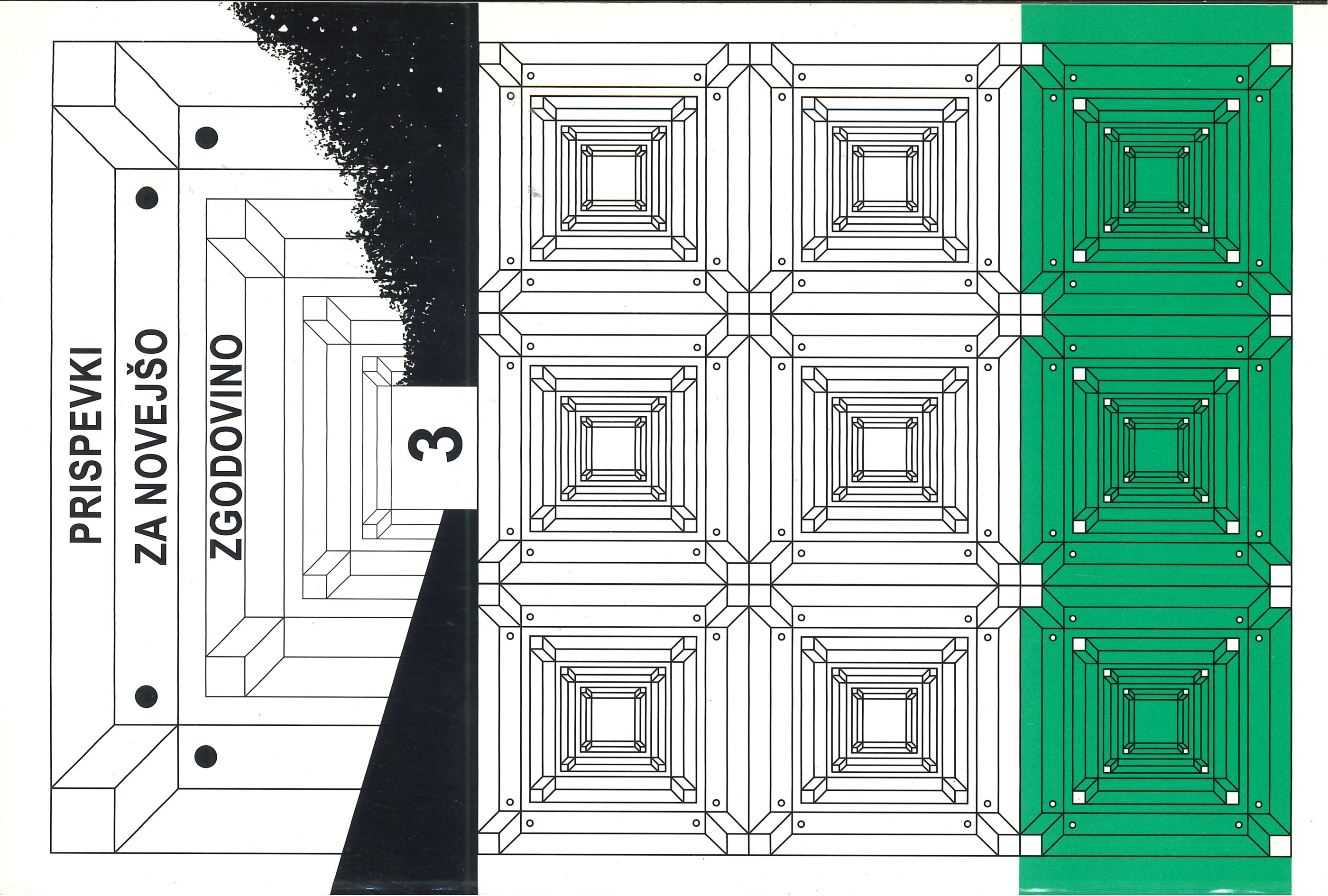Who was dr. Anton Podstenar?
A Chapter from the Contemporary History of the Carinthian Slovenians
Keywords:
Anton Podstenar, Carinthian Slovenians, state contract, Pope John XXIII, neo-Nazism, bilingual education, bilingual signsAbstract
Between 1966 and 1975 an important discussion »Boj slovenske manjšine v krški škofiji na Koroškem – Avstrija za verski pouk v slovenščini« (Struggle of the Slovenian Minority in the Diocese of Gurk in the Austrian Carinthia for Religious Instruction in the Slovenian Language) was published in the publication Zbornik Svobodne Slovenije (The Register of Free Slovenia). This discussion, regardless of its title, focuses on the whole contemporary political issue of the Carinthian Slovenians in the form of a monograph, also including the history and the international questions. The author of this contribution establishes that Dr. Anton Podstenar, signed as the author of the discussion under consideration, is a pseudonym of Dr. Metod Turnšek. The author of the contribution explores the reason for Dr. Metod Turnšek's use of the pseudonym, the characteristics of Turnšek's publishing work, and the probability that in the preceding years he had also used the pseudonym Ivan Vodovnik. Finally, a few excerpts are included, illustrating Turnšek's radical ideas and ambitious style.
Downloads
Published
Issue
Section
License
Authors who publish with this journal agree to the following terms:
- Authors retain copyright and grant the journal right of first publication with the work simultaneously licensed under a Creative Commons Attribution License that allows others to share the work with an acknowledgement of the work's authorship and initial publication in this journal.
- Authors are able to enter into separate, additional contractual arrangements for the non-exclusive distribution of the journal's published version of the work (e.g., post it to an institutional repository or publish it in a book), with an acknowledgement of its initial publication in this journal.
- Authors are permitted and encouraged to post their work online (e.g., in institutional repositories or on their website) prior to and during the submission process, as it can lead to productive exchanges, as well as earlier and greater citation of published work (See The Effect of Open Access).


